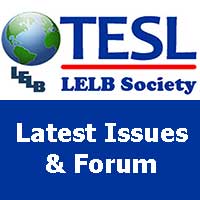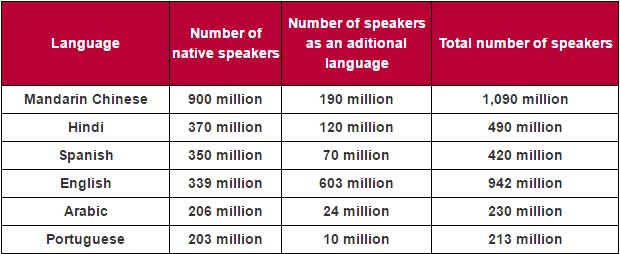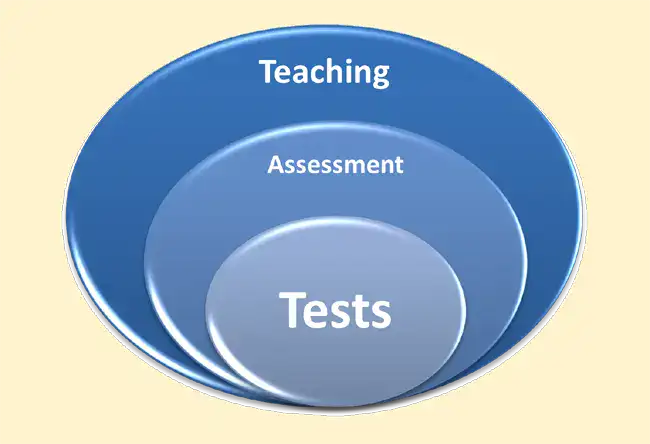Language Making Capacity | TESL Issues
Language Making Capacity Language Making Capacity Slobin proposes a ‘language making capacity’ (LMC). Like Chomsky’s Language Faculty, the LMC contains universal principles. Unlike the principles of Chomsky’s Language Faculty, these are ‘Operating Principles’ (OP), i.e., principles specifically for working inductively on the physical acoustic stimulus for a specific language to which children are exposed. The …





